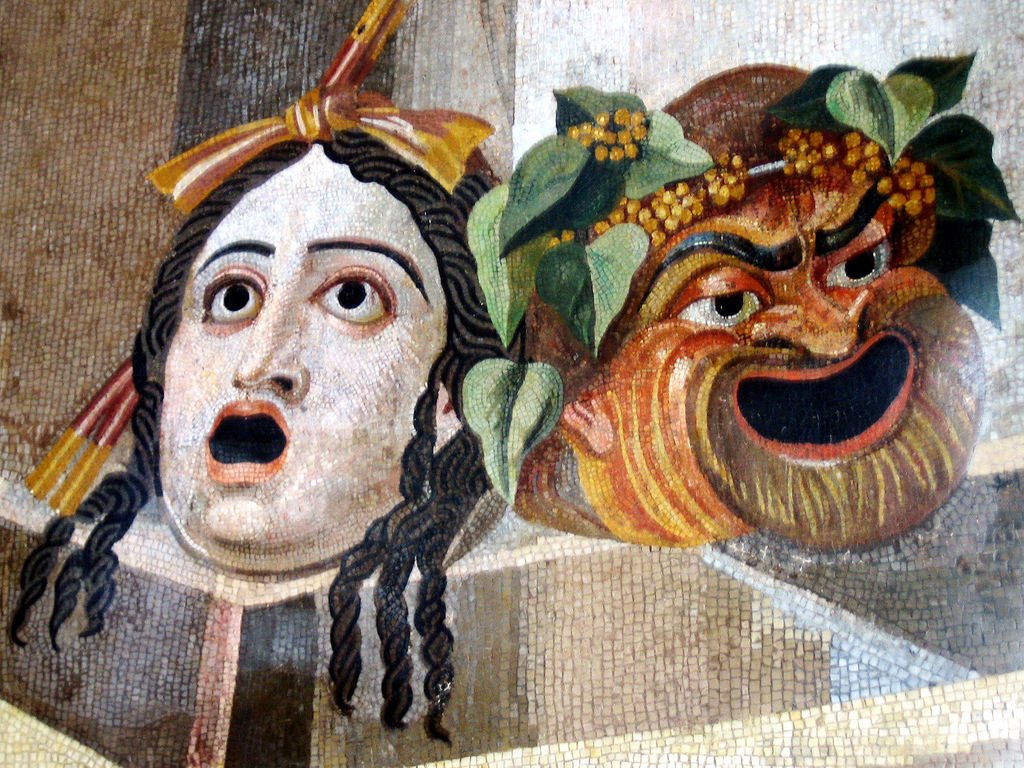Confessions of an Identity
For my final essay I will focus on understanding Roxana’s character in Daniel Defoe’s novel Roxana and her relationship with her daughter Susan. We saw how an unfortunate event early on in life made her life change course to where money and social status were more important than her children and reputation. Throughout the novel we saw her abandon her children, use her sexuality and beauty to become the mistress of powerful men and men from whom she can benefit financially. It isn’t until Roxana is much older does she gain interest in her children’s whereabouts.
My main interest and question is why Roxana chose not to tell Susan she was her biological mother. Roxana loved all her children dearly before she had to part ways with them; she made sure they were in a safe place where they would be taken care of. When Roxana does find Susan, she realizes she is a servant girl in her own home and does everything possible to try to help her. My argument will focus on Roxana and why her life choices deterred her from exposing her true identity to Susan.
I chose this topic because this decision by Roxana changed the course of Defoe’s novel. The ending of Roxana was all due to Susan seeking the truth from Roxana. Roxana went as far as to move to another country just to hide her secret and even took a chance of Amy murdering her. We saw time and time again how Amy was willing to commit murder in order to keep their secret from being exposed. Roxana was absolutely against this and even damned Amy and stopped speaking to her for a period of time. This showed that Roxana loved her daughter, wanted what was best for and wanted to keep her safe. I want to answer if Roxana loved her daughter so much, why would she not tell her the truth, especially if not telling her would bring worse results.
I’ll analyze women’s role in the 18th century and what Roxana’s life choices would have meant for her during that time. I’ll seek to understand how her vices could have forced her to be selfish with her children. Society’s perception was important and we need to understand how society’s role played a part in Roxana’s decision. Why was it acceptable for her to be the mistress of a Prince and then not acceptable when she was married with the Merchant? What was it about being the mistress that danced the Turkish dance that was so shameful to Roxana? What about her life was so disgraceful that she would take a chance on her daughter being murdered? Roxana’s mental health should also be evaluated because she began to be paranoid where she believed people were following and spying on her to find out her real identity. These are all factors what can point us to answer why Roxana could not give her confession to her daughter.



